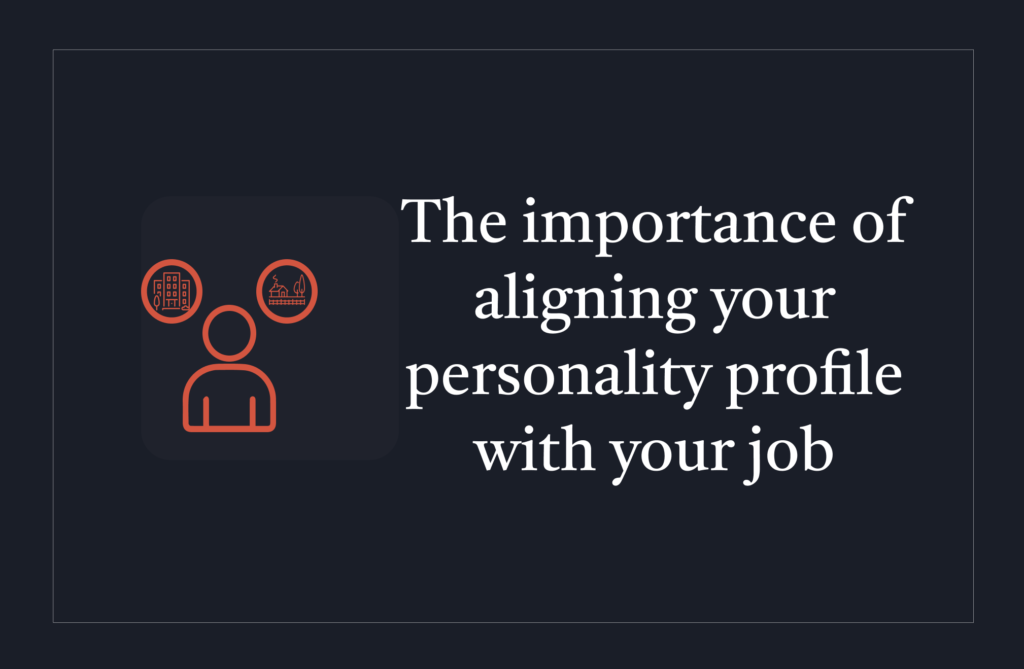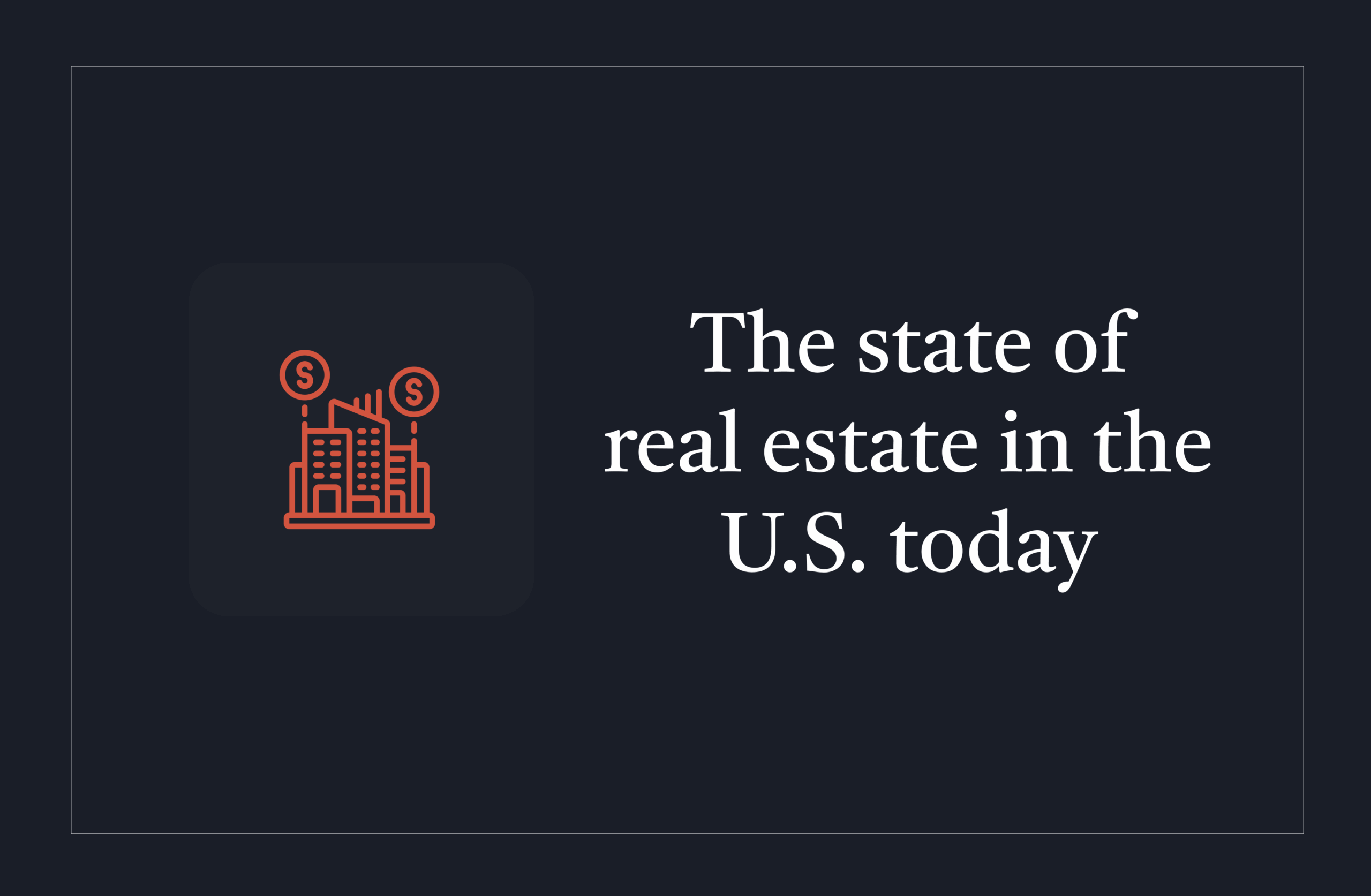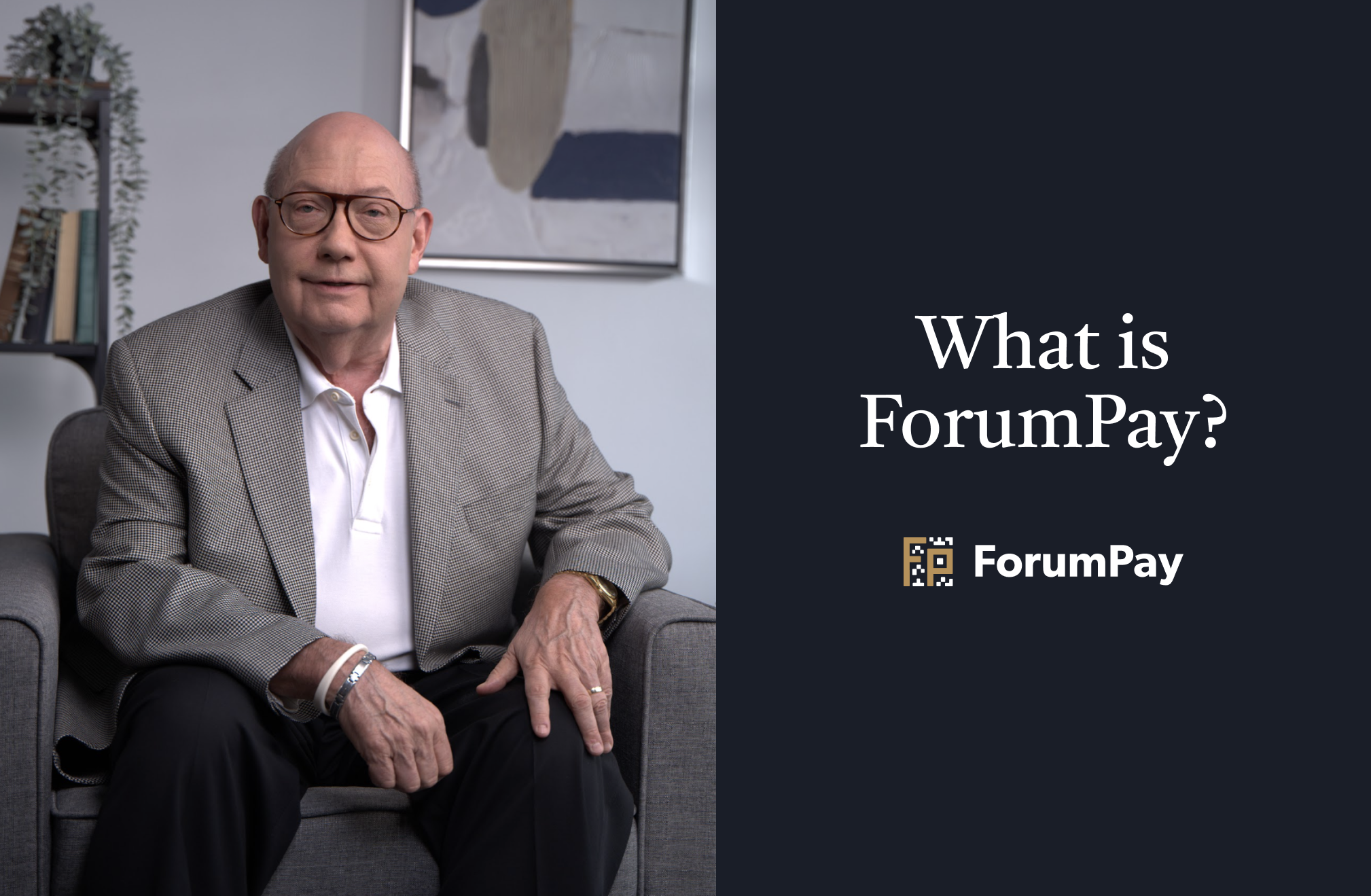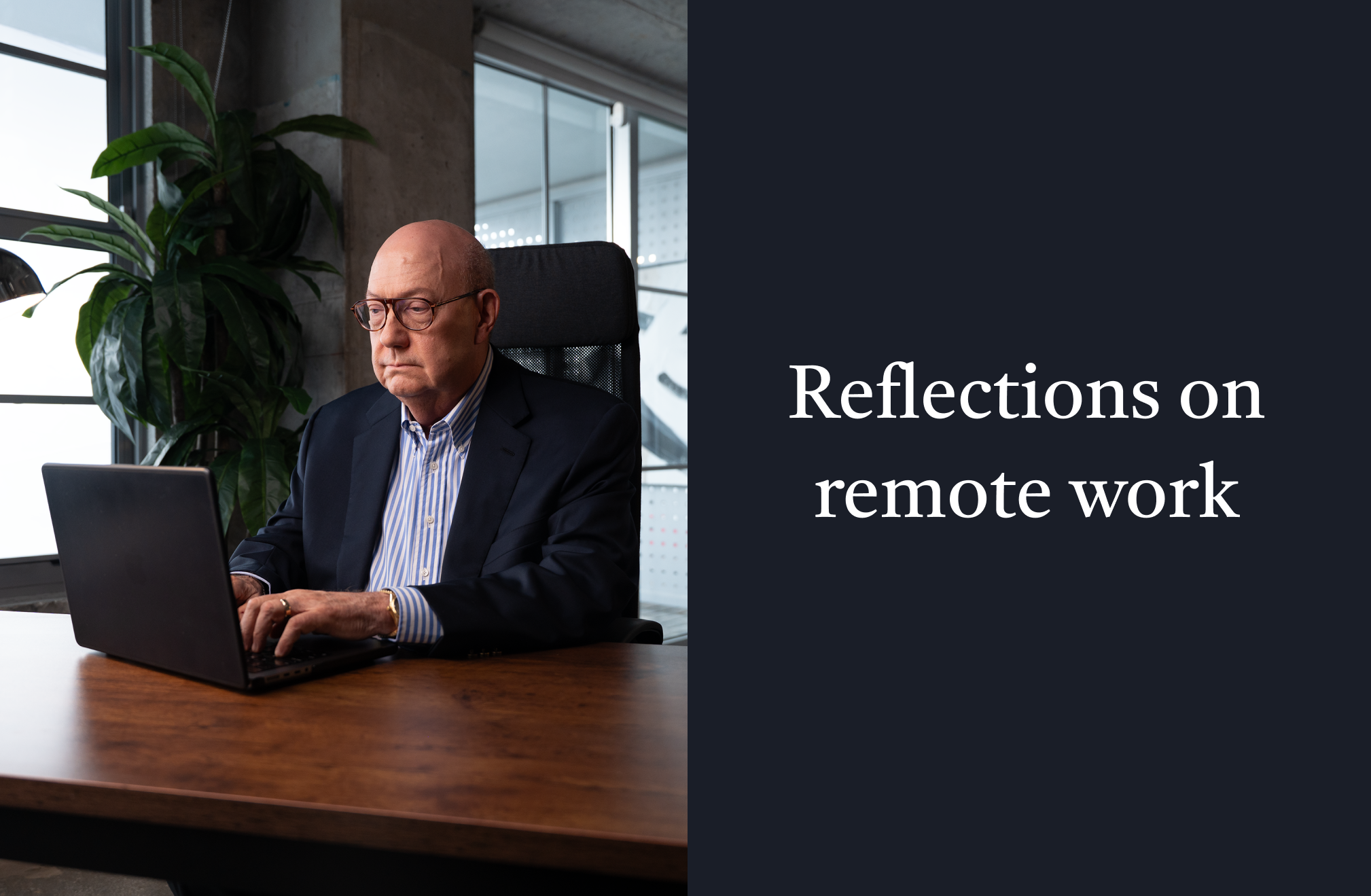
The importance of aligning your personality profile with your job
An interesting report published this year by HR consultancy firm Mercer stated that more than 80% of employees are at risk of suffering from burnout in 2024. According to the firm’s Global Talent Trends report, just over 40% of those surveyed cited financial strain as a contributing factor, while another 40% cited exhaustion. Some 37% said they were struggling with an excessive workload. Aligning your job with your personality profile can significantly help prevent burnout by ensuring that your environment and tasks are compatible with your natural strengths and preferences. This compatibility is more likely to help you feel fulfilled and motivated to work, reducing the risk of stress and exhaustion. Understanding where you excel and leveraging your personality traits can lead to greater job satisfaction and overall well-being, creating a more sustainable and enjoyable career path.
As I look back over my career, I often recall working 60- or 70-hour weeks, but I always felt motivated to be there. Having been taken aback by these statistics, I decided to explore the issue a bit further. Here’s what I found.
What is burnout?
Burnout is a state of complete mental, physical, and emotional exhaustion that can significantly impact our overall well-being. It can sometimes go beyond mere stress and manifest as fatigue or even a sense of detachment from work and other areas of life. It is undoubtedly a pervasive issue affecting people across all generations, but it is particularly prevalent among Gen Z and younger millennials who have entered the workforce amidst a tumultuous time affected by a global pandemic and economic and geopolitical uncertainty.
Today’s young professionals often feel overwhelmed by the lack of control and stability in their careers, exacerbated by increasingly prevalent zero-hour contracts, leading to job insecurity and economic instability. According to consultancy firm Gallup, women face unique challenges in the workplace, experiencing higher levels of burnout due to gender inequality issues, caregiving responsibilities and access to affordable childcare. Burnout is now a pressing concern among many employees that is having a palpable impact on both individual well-being and workplace productivity.
How to identify your personality profile
In order to identify your personality profile and begin to understand for which jobs you would be best suited, a possible first step would be to take a personality assessment. There are several tools out there designed to help us gain a better understanding of our unique traits, behavior, and personality. They are easily accessible online or through so-called “employment coaches,” who can perform the assessment themselves and help steer you in the right direction. Some popular examples include the Myers-Briggs Type Indicator (MBTI), the DiSC assessment, the Big Five personality traits assessment, and the StrengthsFinder assessment. Ultimately, understanding your personality profile can empower you to make more informed decisions about your work environment, career path, and professional goals and help cultivate a greater sense of self-awareness and fulfillment.
Aligning your personality profile with your job
Understanding how to align your personality profile with your job and choose the right career is hugely important for long-term happiness, health, and well-being. Whether you identify as an introvert, extrovert, or ambivert, whether you want to work for yourself or for an organization, understanding what you want and need from a professional role is crucial in finding a career path that allows you to thrive and grow. The average person will spend some 90,000 hours working. Many of us will spend much more on professional endeavors as retirement age increases. So, where we choose to spend this time should come down to more than just a paycheck.
Take the time to get to know yourself and recognize your unique strengths and weaknesses. Embrace your talents and seek positions that allow you to explore various industries and work cultures, including spells of volunteering and internships. Try new hobbies to see how you interact with different kinds of people in new environments. This kind of lifelong learning not only enhances your skills and view of the world it also opens doors to unexpected opportunities and connections. You never know when an afternoon tennis match might turn into an unexpected networking session. Through honest self-reflection, it is possible to gain clarity on where and how you want to work in a position that best suits your personality and aspirations.
To read more about my insights, book reviews, and advice, check out the rest of my blog at william-erbey.com/blog.






